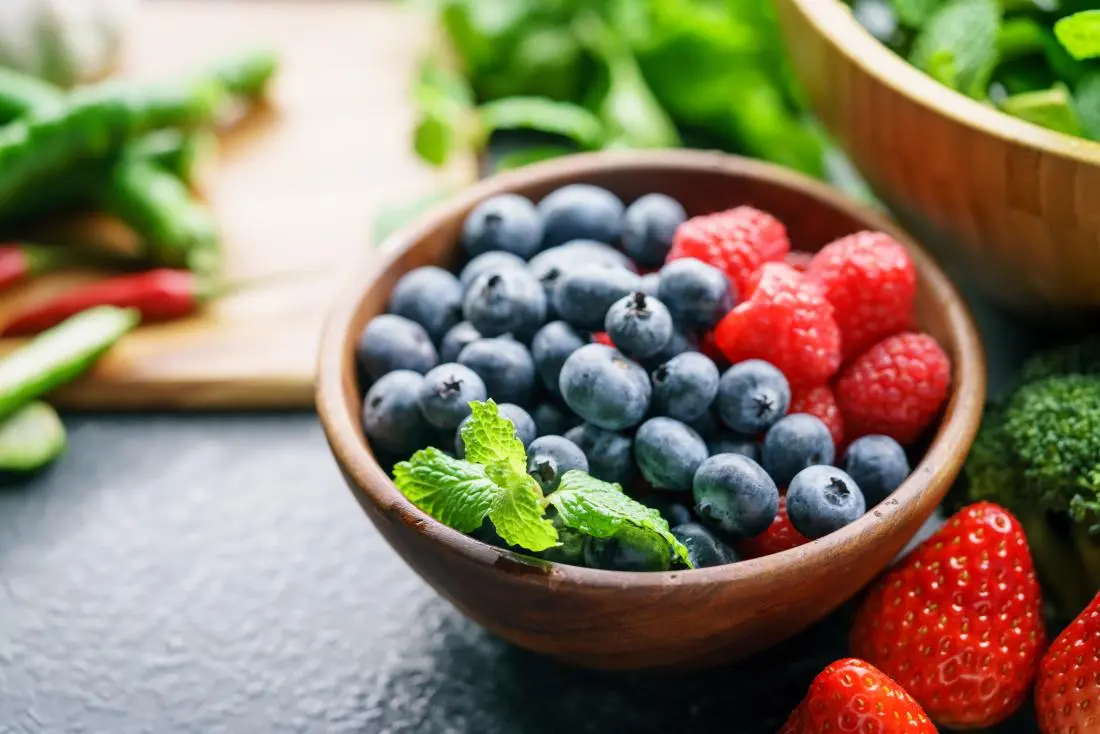High blood pressure, also known as hypertension, is a common health concern affecting millions of people worldwide. It is often referred to as the “silent killer” because it usually has no symptoms but can lead to serious health complications such as heart disease, stroke, and kidney problems if left untreated. Lifestyle changes, including a healthy diet rich in fruits and vegetables, play a crucial role in managing blood pressure levels. In this article, we will explore the relationship between fruits and blood pressure and discuss which fruits are particularly beneficial for maintaining healthy blood pressure levels.
Understanding Blood Pressure
Before delving into the fruits that benefit blood pressure, let’s briefly understand what blood pressure is and why it matters. Blood pressure is the force exerted by the blood against the walls of the arteries as it is pumped by the heart. It is measured in millimeters of mercury (mmHg) and consists of two numbers: systolic pressure (the top number) and diastolic pressure (the bottom number). Normal blood pressure is typically considered to be around 120/80 mmHg.
Elevated blood pressure occurs when the force of blood against the artery walls is consistently too high. This can strain the heart and blood vessels over time, increasing the risk of cardiovascular diseases. Lifestyle factors such as diet, physical activity, and stress management play significant roles in blood pressure regulation.
The Role of Fruits in Blood Pressure Management
Fruits are an essential component of a balanced diet, providing essential nutrients like vitamins, minerals, antioxidants, and dietary fiber. Many fruits are also naturally low in sodium and fat, making them ideal choices for individuals looking to maintain or reduce their blood pressure levels. The following fruits are particularly noteworthy for their positive impact on blood pressure:
1. Bananas: Bananas are rich in potassium, a mineral that plays a key role in blood pressure regulation. Potassium helps balance the sodium levels in the body, reducing the risk of high blood pressure. Including bananas in your diet can contribute to maintaining healthy blood pressure levels.
2. Berries (e.g., blueberries, strawberries, raspberries): Berries are packed with antioxidants called flavonoids, which have been associated with lower blood pressure levels. These colorful fruits also contain fiber, which supports heart health and overall cardiovascular function.
3. Oranges and Citrus Fruits: Oranges, grapefruits, and other citrus fruits are excellent sources of vitamin C and potassium. Vitamin C promotes healthy blood vessels, while potassium helps regulate fluid balance and blood pressure. Consuming citrus fruits can be beneficial for blood pressure management.
4. Watermelon: Watermelon is not only hydrating but also contains citrulline, an amino acid that helps relax blood vessels, potentially leading to lower blood pressure. Additionally, watermelon is a good source of vitamins A and C, which are beneficial for overall health.
5. Apples: Apples are rich in fiber and antioxidants, including quercetin, which may help lower blood pressure by promoting better blood vessel function. Eating apples with the skin on provides maximum nutritional benefits.
6. Avocados: While technically a fruit, avocados are often considered a healthy fat source. They are packed with potassium, magnesium, and monounsaturated fats, all of which contribute to heart health and may help lower blood pressure.
7. Pomegranates: Pomegranates are loaded with antioxidants called polyphenols, which have been shown to have a positive impact on blood pressure levels. Drinking pomegranate juice or incorporating fresh pomegranate seeds into your diet can be beneficial.
8. Kiwi: Kiwifruit is a nutrient-dense fruit rich in vitamin C, potassium, and fiber. Studies suggest that regularly consuming kiwi may help lower blood pressure, possibly due to its high antioxidant content.
Incorporating Fruits into Your Diet
To reap the blood pressure benefits of fruits, it’s important to incorporate them into your daily diet in a variety of ways. Here are some practical tips:
1. Fresh Fruit Snacks: Keep a variety of fresh fruits on hand for quick and healthy snacks throughout the day. Pair them with nuts or yogurt for added protein and satiety.
2. Smoothies: Blend your favorite fruits with yogurt, milk or a dairy-free alternative, and a handful of leafy greens for a nutritious and delicious smoothie.
3. Fruit Salads: Combine different fruits in a colorful fruit salad for a refreshing side dish or dessert.
4. Add to Meals: Incorporate fruits into your meals by adding sliced fruits to salads, topping whole grain cereals or oatmeal with berries, or using fruit purees as a natural sweetener in sauces and dressings.
Conclusion
Incorporating a variety of fruits into your diet can be an effective strategy for managing blood pressure and promoting overall cardiovascular health. The nutrients, antioxidants, and fiber found in fruits contribute to healthy blood vessels, fluid balance, and overall heart function. However, it’s essential to complement a fruit-rich diet with other lifestyle factors such as regular exercise, stress management, and limited sodium intake for comprehensive blood pressure management. Consult with a healthcare professional or registered dietitian for personalized dietary recommendations tailored to your individual health needs.


